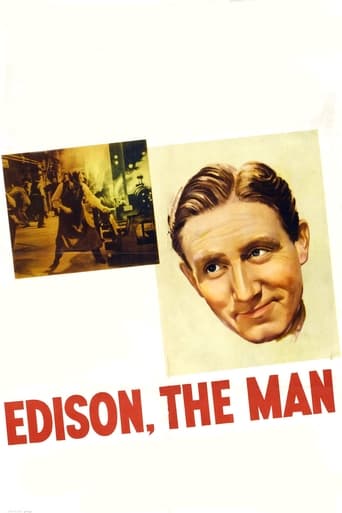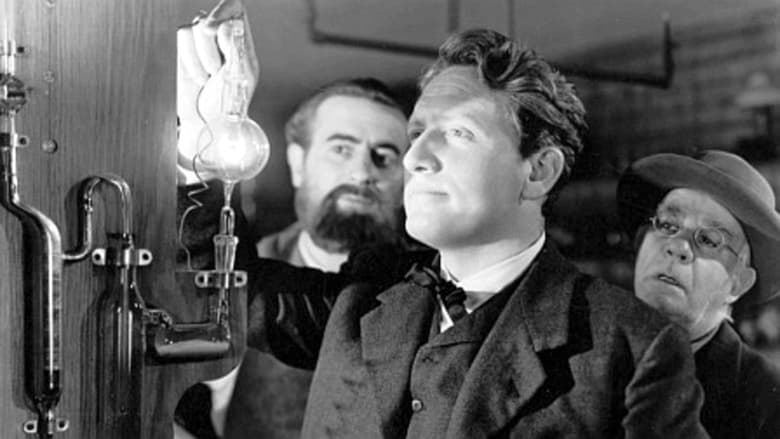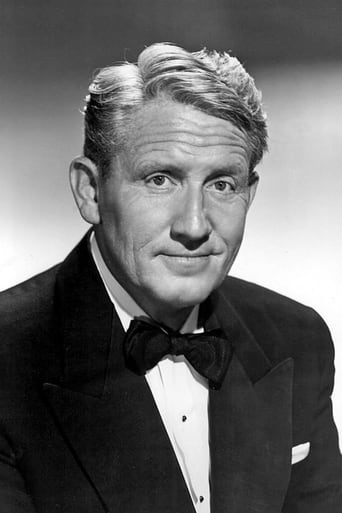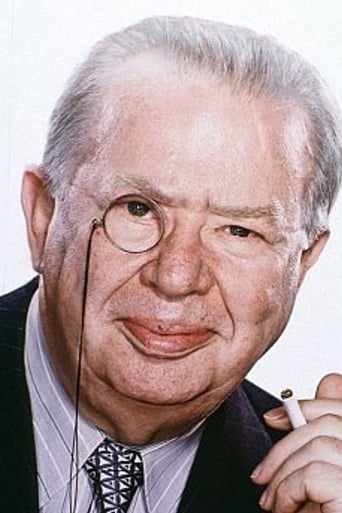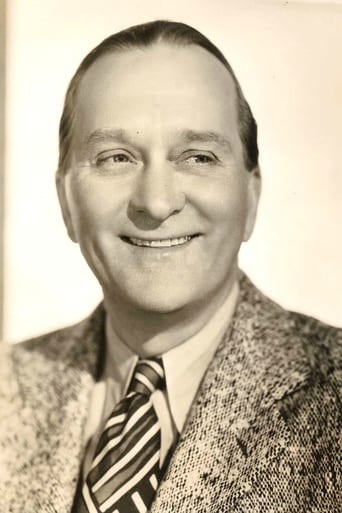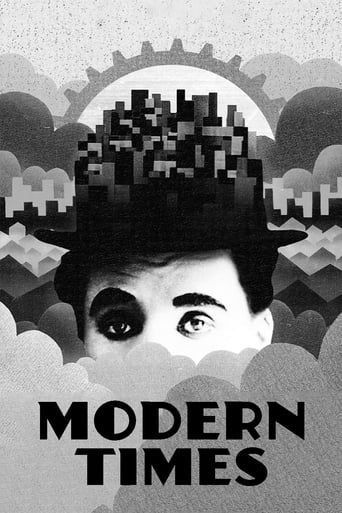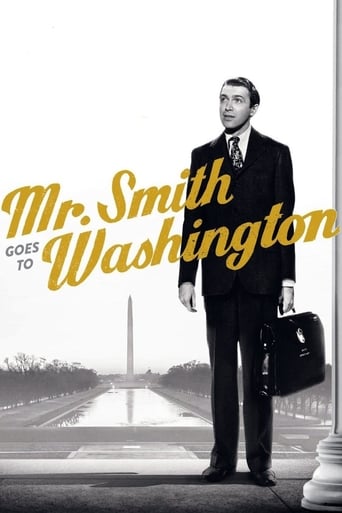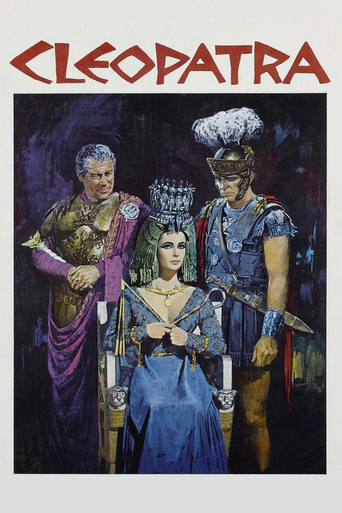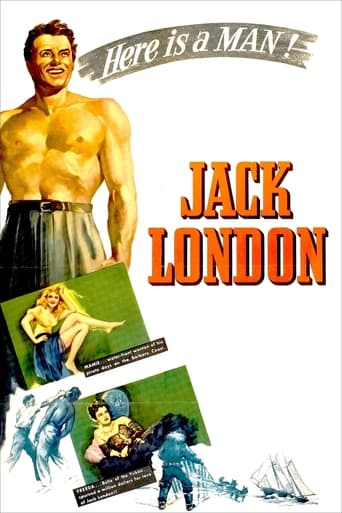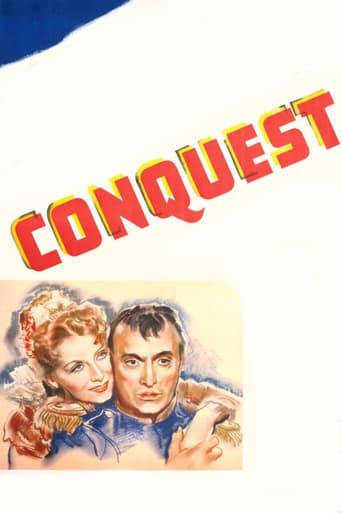Edison, the Man (1940)
In flashback, fifty years after inventing the light bulb, an 82-year-old Edison tells his story starting at age twenty-two with his arrival in New York. He's on his way with the invention of an early form of the stock market ticker.
Watch Trailer
Cast


Similar titles
Reviews
That was an excellent one.
hyped garbage
A terrific literary drama and character piece that shows how the process of creating art can be seen differently by those doing it and those looking at it from the outside.
It is a whirlwind of delight --- attractive actors, stunning couture, spectacular sets and outrageous parties. It's a feast for the eyes. But what really makes this dramedy work is the acting.
. . . to convince us that this infamous, glory-grabbing monopolist was all sweetness and light. Mistitled EDISON, THE MAN, 98% of this mendacious puff piece has Spencer Tracy, then 40 (but looking 60), playing "young" Tom from 1872 through 1882, when Thomas Alva Edison was 25- to 35-years-old. Since Edison died in 1931 at the age of 84, this distortion ignores 49 years (85%) of Old Tom's "manhood." Such "highlights" as Edison's failed attempted to move Americans into his patented concrete houses, Edison's burning alive of the beloved Coney Island Elephant Topsy in front of a huge crowd in a failed attempt to "humanely" electrocute her as a "science demonstration," Edison's Misperception that movies would be strictly a form of home entertainment rather than a mass media, Edison's ruthlessly fiendish plots to wrest every penny from American's pockets by monopolizing anything that his lawyers could construe as connected to his patents (including all movie and music CONTENT), Edison's iron legal grip delaying the progress of many technologies he DIDN"T EVEN UNDERSTAND (such as the movies, as mentioned above, or electrical distribution, where he lobbied for the far deadlier direct current over the more user-friendly alternating current), Edison's shoving top workers aside to hog the spotlight all to himself on THEIR inventions (causing nearly all of the ACTUAL inventors of "Edison" patents to up and quit, wiser but poorer in the pocket), Edison's litigious "sue-happy" nature, Edison's lab complex fire which nearly destroyed Metro New York City--all this reality is ignored at best, or flat out turned into Topsy Turvy falsehoods at worst. Shame, shame, shame!
Hollywood produced a number of biographical movies during the 1930s, mostly of scientists, entrepreneurs, and adventurers. The films stuck more or less closely to the historical facts. This particular example is a little bland. Thomas Alva Edison (1847 - 1931) was not an adventurer. He was an inventor, a kind of combination engineer and entrepreneur.Since Edison wasn't somebody like Henry Stanley, the African explorer that Spencer Tracy had played earlier, nobody gets shot and no one's head is wrenched off. The most dramatic moment occurs when Tracy, as Edison, is bent over his new electric light and the filament burns out. Tracy's face drops a little.Now, Edison's life was NOT entirely uninteresting but Hollywood must observe certain conventions. The man must be entirely honorable. There must be no ambiguity about that. And he must be guided by a vision almost divine in its generosity.We may have no mention of the fact that Edison married Mary when she was a girl of sixteen. Yum yum. And we may mention that he was a school drop out but not that he knew little of mathematics or theory, that he was a born tinkerer who scorned figuring things out ahead of time, in favor of a method of successive approximations. Edison must retain his good nature through the course of many failures and his workers must be devoted to him, so much so that they'll labor at their benches for nothing.We can't let it be known that he was a mean, stingy, dishonest son of a gun. "One of Edison's assistants was Nikola Tesla. Tesla claimed that Edison had promised him $50,000 if he succeeded in making improvements to his DC generation plants. Several months later, when Tesla had finished the work and asked to be paid, he said that Edison replied, 'When you become a full-fledged American you will appreciate an American joke.' "Tesla immediately resigned. With Tesla's salary of $18 per week, the payment would have amounted to over 53 years' pay and the amount was equal to the initial capital of the company. Another account states that Tesla resigned when he was refused a raise to $25 per week." That quote is from Wikipedia, and other sources have promoted similar stories of Edison's cheapness. What he did, he did because it was of commercial value, and he took credit for work done by his employees. He was even involved in a corporate fight over who would get to install the circuitry in the first electric chair.All that is beside the movie's point, which is that the guy, however Dickensian he might have been, produced all sorts of stuff we take for granted today. And -- here's what gets me about Edison and all these other characters who were putting together electronic equipment -- nobody knew what electricity was. It was all done long before physicists like Millikan and Rutherford began to analyze the structure of the atom. They couldn't have dreamed that electricity was a stream of electrons jumping at the speed of light from one atom to the next through a conductor. The electron hadn't been discovered yet.I don't think of this as one of Spencer Tracy's more memorable movies. As in most other movies of its genre, he starts out with ten cents in his pocket and winds up being honored by the whole world. There's not that much in between for Tracy to sink his teeth into. In all fairness, though, it must be said that he looks very sad when that filament burns out on him.
1st watched 9/11/2009 - 7 out of 10 (Dir- Clarence Brown): Wonderful chronicle of a maverick man and his inventions played by the always likable Spencer Tracy. The movie starts with the elderly Edison(with a nice set of makeup) being honored for his invention of the lightbulb, and then the story goes back to his early days before his first major invention. He was already twiddling with telegraph machines at this point, so we don't really get to see where his motivation came from -- just that he liked to do this. He is personally very ambitious from the beginning and knows that he has to have funds to do what he wants, so he stalks one of the richest men in town for his attention. He gets it after fixing one of his machines and he is hired and is given the space and time to create. He and his ragtag group start putting together quite a few accomplishments to the point where they have their own building and steady workforce. He's shown as having a good comraderie with his close knit fellows but has to let them go when things get rough. At least until the lightbulb is created, then things explode. I'm sure this story isn't 100% true when it comes to Edison as a person, but they do make good entertainment with it. Tracy also gives a good performance and is given a couple of nice speeches(that obviously come from the real Edison). Overall, this is light family entertainment, good for everyone, with an educational message. This doesn't happen often in the movies and MGM did well with this one as the usually did in this era.
Very well made film, effortlessly acted out by, who else but, Spencer Tracy. The movie traces the dedication of Edison and his team and their sometimes frustrating situations which they conquer eventually to succeed. A must for anyone who is inspired by the work of great people.

